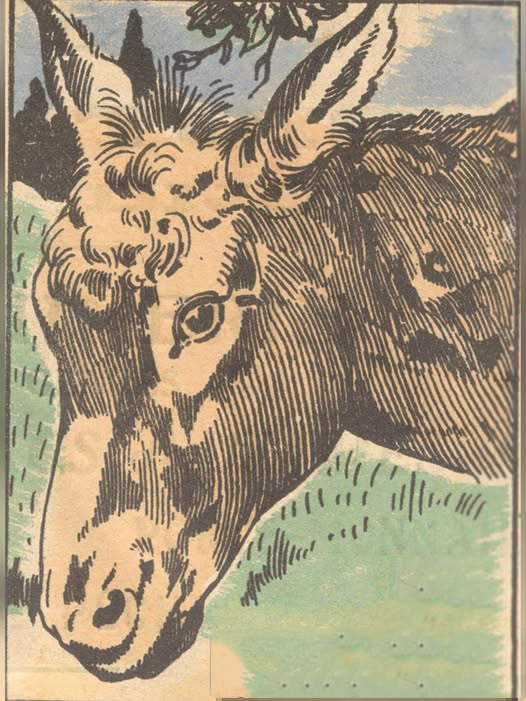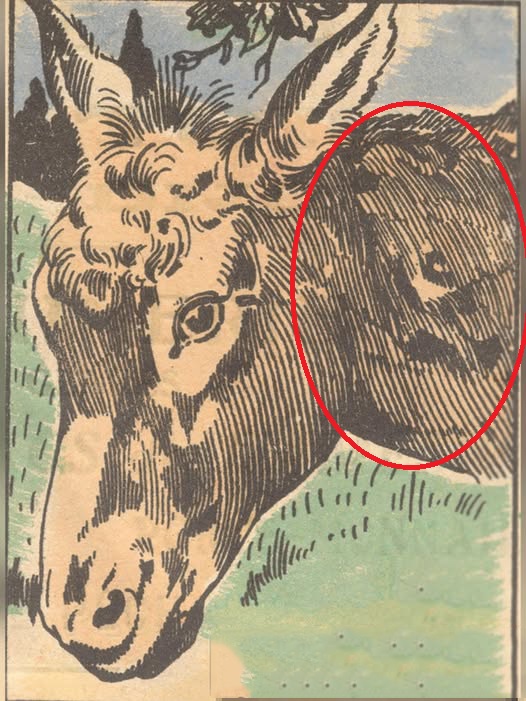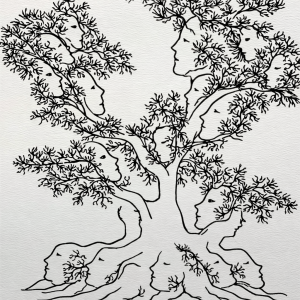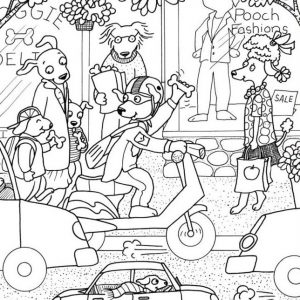Exploring the Fascinating World of Donkeys: A Unique Perspective
Donkeys have always played a significant role in human history, serving as reliable animals of burden across various cultures. With their long ears, thick coats, and distinct personalities, they stand out as some of the most interesting creatures. In this article, we delve into the unique characteristics of donkeys, why they are often misunderstood, and what makes them such valuable animals in both rural and urban settings.

The Beauty of Donkeys: Understanding Their Physical Characteristics
Donkeys are often seen as humble animals, but they have remarkable physical attributes that contribute to their survival and versatility.
Distinctive Features: The Donkey’s Head and Ears
The first thing you’ll notice about a donkey is its head. With large, expressive eyes and oversized ears, donkeys have a very unique look. Their ears are not just for show—they serve a practical purpose, allowing donkeys to hear over long distances and navigate tricky environments. Their heads are generally more robust than those of horses, giving them a sturdy and practical look suited to their working nature.
Donkeys are known for their intelligence and sense of independence, which is reflected in their sharp ears, always alert to changes in the environment.
The Mane and Coat: A Hardy Appearance
Unlike horses, donkeys have thick, wiry coats that are well-suited to a variety of weather conditions. Their coats protect them from harsh environments, keeping them cool in hot climates and warm in colder regions. This rugged appearance is further enhanced by their short manes, which help minimize tangles and reduce the need for grooming.

The Role of Donkeys Throughout History
From ancient civilizations to modern-day farms, donkeys have been indispensable in human society.
Donkeys as Working Animals: The Backbone of Agriculture
For centuries, donkeys have been used as pack animals, helping to carry loads that would otherwise be too heavy for humans or other animals. Their natural strength, stamina, and ability to navigate difficult terrains made them the ideal choice for transporting goods, especially in areas where vehicles could not go.
In agricultural societies, donkeys were often used to plow fields and pull carts, making them vital to farming communities across the world. Their enduring presence in rural settings attests to their unparalleled utility.
Donkeys in Different Cultures: More Than Just a Work Animal
Donkeys have also earned a place in cultural stories and folklore. From the Bible to Greek mythology, donkeys have appeared in tales that highlight their humble but noble qualities. In some cultures, donkeys were revered for their resilience and adaptability.
In many countries, donkeys also serve as symbols of endurance and patience, reflecting the values these animals represent. Their ability to work tirelessly and calmly, despite tough conditions, has earned them a special place in people’s hearts.

The Donkey’s Intelligence: A Often Overlooked Trait
Donkeys are frequently misunderstood as less intelligent than horses, but this couldn’t be further from the truth. Donkeys are highly intelligent animals with sharp problem-solving skills.
Why Donkeys Are More Independent Than Other Animals
Unlike horses, who are often more cooperative in nature, donkeys are known for their independent streak. This can sometimes be mistaken for stubbornness. However, it’s important to understand that donkeys are highly cautious and thoughtful animals. They don’t simply follow commands without assessing the situation, which often leads to their decision to “stop” when they feel something is off. This instinctive behavior helps them avoid dangerous situations.
For example, donkeys are known for their ability to navigate challenging terrain and find safe paths when carrying loads. This intelligence and cautious approach make them valuable companions in difficult environments.
Training Donkeys: Patience and Understanding
Training a donkey requires patience and understanding. While they can be taught various tasks, donkeys do best in an environment where they feel respected. Using positive reinforcement and establishing trust is crucial to successful training. Once they trust their handlers, donkeys are capable of performing tasks with great efficiency.
Donkeys in the Modern World: From Work to Companionship
While donkeys have largely been replaced by modern machinery in many parts of the world, they are still essential in rural areas where machines are not practical or affordable. In addition to their work roles, donkeys have also found new purposes as therapy animals and companions.
Therapeutic Benefits: Donkeys as Healing Animals
Donkeys are now being used in therapeutic settings, where their gentle nature helps provide comfort and emotional support to individuals with physical or emotional challenges. Their calm demeanor and patience make them ideal for therapy programs aimed at children, elderly individuals, and people with disabilities.
Studies have shown that interacting with donkeys can have positive mental health benefits, helping to reduce anxiety and stress. The tactile interaction, such as petting a donkey, can lower blood pressure and increase feelings of calm and well-being.
Donkeys as Companion Animals: A New Role
In more urbanized areas, donkeys have begun to take on roles as companion animals. People who live on small farms or who have enough space for them find that donkeys make excellent pets. They form strong bonds with their owners, and their loyalty and affectionate nature are highly valued by those who have the time to care for them properly.

The Future of Donkeys: Conservation and Preservation Efforts
While donkeys have long been integral to human society, they are now facing challenges in some parts of the world. Habitat loss, overbreeding, and the rise of mechanized agriculture have led to a decline in wild donkey populations.
Conservation Efforts: Protecting the Donkey Species
Conservationists and animal welfare organizations have started efforts to protect wild donkey species and ensure the continued welfare of domesticated donkeys. By promoting ethical breeding practices and preserving natural habitats, these organizations aim to secure a future for donkeys around the world.

Conclusion: A Symbol of Resilience and Intelligence
Donkeys are much more than simple farm animals—they are symbols of resilience, intelligence, and adaptability. With their distinct appearance and unique characteristics, donkeys have earned their place in history, culture, and the modern world. Whether as workers, companions, or therapy animals, donkeys continue to enrich our lives with their quiet strength and loyalty. As we move forward, it’s important to appreciate these incredible creatures for all they have contributed to human society and work toward protecting them for future generations.





